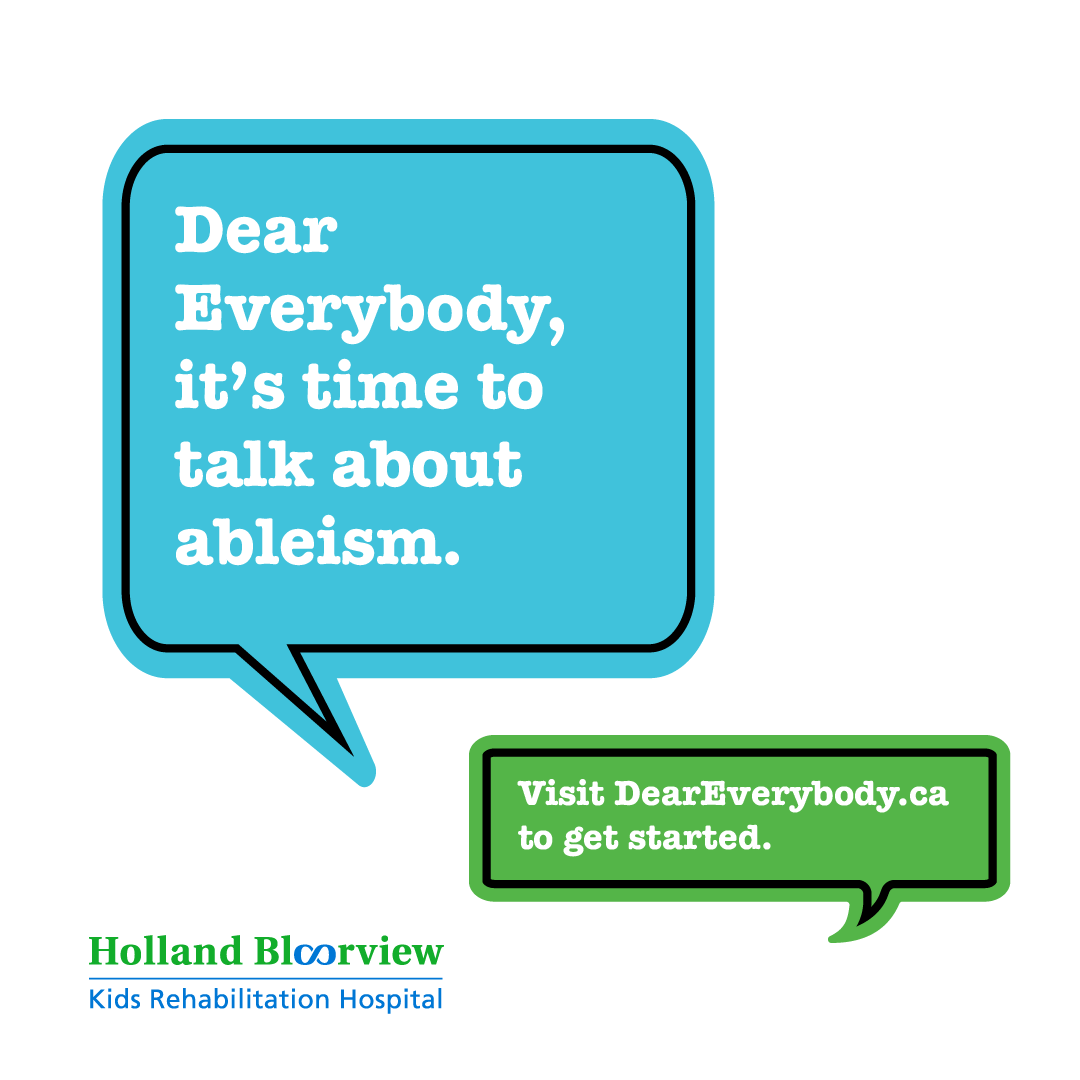For allies and parents
6 Ways to Be an Ally to Kids & Youth with Disabilities
By advocating for kids and youth with disabilities you’re helping create a stigma-free world, built on diversity and inclusion. While we believe in standing up and speaking out every opportunity you get, here are six other ways to be an ally each and every day.
While you should always respect how someone wants to describe themselves and their disability, in general it’s best to use People First Language and avoid ableist terms:
- Instead of using “disabled children” say “children with disabilities”
- Instead of using “normal kids” say “children without disabilities” or “a typically developing child”
- Instead of using “confined to a wheelchair” say “uses a wheelchair”
- Avoid words like “lame,” “dumb,” “retarded,” “crippled”,” “idiot,” “imbecile,’ “nuts,” “psycho,” and “spaz.”
The only thing you should assume is that a person with a disability—whether it’s physical or intellectual—is always competent. Never assume that someone with difficult speaking has difficulty thinking. Instead, learn how you can help or accommodate what they might need, if at all needed.
While you may think it’s a good idea to help push someone’s wheelchair or grab something for them, always ask before you act. Most of the time, kids and youth with disabilities will make it known if they need help, and if so how they need help.
Don’t objectify a person with a disability by describing their talents as “overcoming a challenge.” Most kids and youth don’t see living with a disability as anything more than just a part of their identity and don’t appreciate being described as “rising over it.”
Just because someone lives with a disability doesn’t mean they’re living a life that’s any less than someone who isn’t living with a disability. This type of assumption only generates unnecessary pity, which is something no child wants directed towards them.
Sometimes the fear of unintentionally saying something wrong may stop you from discussing disability. Don’t let that fear hinder you from being an advocate. The best way to learn from and understand someone with a disability is to ask questions. But remember to always be respectful: about the questions you ask and whether they choose to answer or not.
